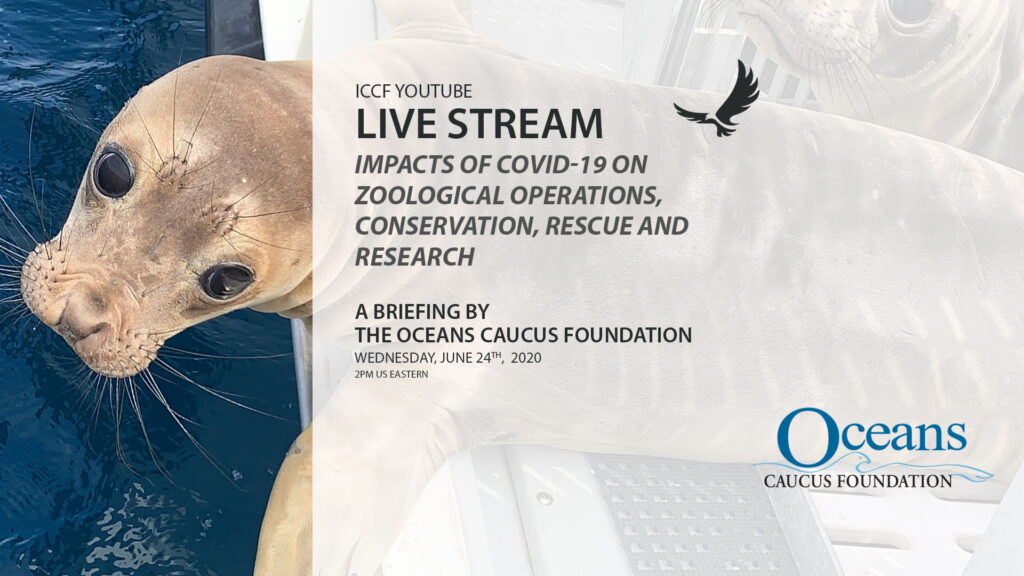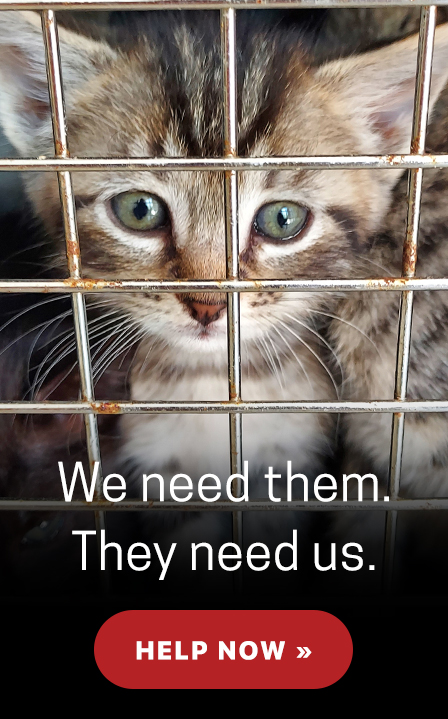Unlike businesses that have the ability to turn out the lights, lock up the office and work remotely during the COVID-19 pandemic – certified zoos and aquariums do not have those options. Animals at these world-class institutions need to be taken care of, no matter the outside circumstances.
Animals in zoos and aquariums require constant care, routine feedings, enrichment and veterinary care and, sometimes, complicated health support systems. This expert care, along with field research and wildlife rescue and rehabilitation efforts, taking place in the nation’s certified and accredited institutions has continued throughout the crisis despite their gates being closed to the public. Because of the lack of guests and entrance fees, institutions have faced a steep decline in revenue, with some receiving no revenue at all. Irrespective of this dire financial situation, however, they continue to provide world-class zoological care.
Yesterday, on June 24, American Humane’s CEO and president, Dr. Robin R. Ganzert, moderated a live-streamed panel discussion, hosted by the International Conservation Caucus Foundation. The discussion highlighted how zoos and aquariums are coping with the associated financial repercussions of COVID-19 and the prospects for moving forward. The panelists included:
- Chris Dold, Chief Zoological Officer at SeaWorld
- Tara Riemer, CEO and president of Alaska SeaLife Center
- Thane Maynard, Director of Cincinnati Zoo
U.S. Rep. Michael Bruce Quigley (Ill-5) kicked off the conversation and emphasized the importance of zoos and aquariums in today’s world. The panelists went on to discuss their conservation and animal ambassador programs. Dr. Riemer, with the Alaska SeaLife Center, talked about how they continue to make strides with their research programs focused on spotted and ring seals. Likewise, Mr. Maynard with the Cincinnati Zoo discussed their involvement in the polar bear research coalition and work to support the growth of gorilla populations in the Congo. Dr. Dold spoke on SeaWorld’s efforts to rehabilitate manatees which has resulted in these magnificent mammals being down-listed from Endangered to Threatened. No easy task, as rehabilitation is a lengthy and expensive undertaking costing as much as $300,000 per manatee.
In addition to the programmatic activities, all of the panelists touched on the need for federal support to continue their critical conservation work, encouraging Congress to be sure to include them in future stimulus packages.
These incredible certified and accredited zoos and aquariums are to be applauded for continuing their lifesaving work. We know the road ahead will be tough as the financial crisis is far from over and lingering effects are a certainty. Be sure to watch the playback of the panel discussion to see how you can help.


